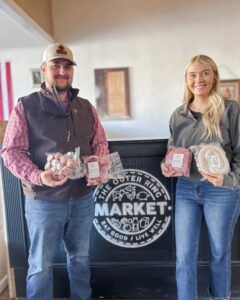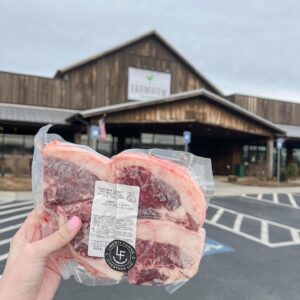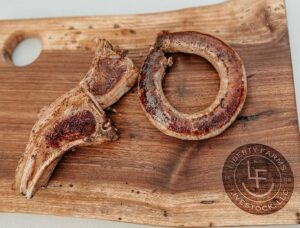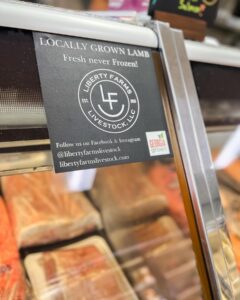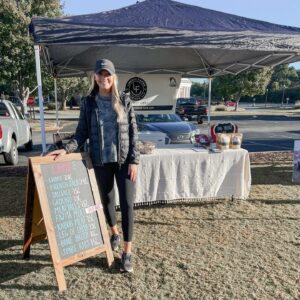Washington D.C. |
It was a busy week in our Nation’s Capital for Georgia Farm Bureau Young Farmer and Rancher members as they worked to advocate for the Georgia Ag industry with lawmakers in D.C. – something that’s vital to the organization and its members as they get to put a face with a name to those that ultimately make those policy decisions that affect them back home on the farm.
“We really want the representatives and the legislators to see these farmers, to see and understand the struggles that they’re facing, and also to see that they are engaged and willing to engage with their representatives. On the flip side, we really want these young farmers to also see and experience a day in the life of a legislator, to understand their schedule, to understand the issues that they’re thinking about and that they’re working on. So that ultimately, at the end of the day, they have an appreciation for what they do in their service to our country. And also, they understand how vitally important it is that they’re engaged in that policy development process and understand that they need to be in front of these representatives. They need to be engaged because there’s all kinds of issues that are coming up and coming at them and if they don’t have a seat at the table, you know they’re not going to be in the conversation,” says Breanna Berry, Leadership Programs Coordinator For Georgia Farm Bureau.
Those conversations of course are coming at a pivotal point, as farmers and ranchers continue to struggle with a multitude of issues and congress is beginning the process of working on key pieces of legislation, like a new farm bill.
“We’re faced in a time now or farming and to make a living is as hard as it’s ever been. If not more so. We’re dealing with a lot more increases in input prices, whether that be your actual material uses or what you’re paying in labor, or lack of labor for a lot of people. So, right now is a good time to kind of address all that. With it being a farm bill year and it being an election year, there’s more emphasis on getting a deal done and a deal that kind of represents the modernization that’s happening in ag, and how we need to have these programs more reflective of what exactly the climate in agriculture is today. So, whenever we can bring up people and it’s there’s an urgency to get some of some of these things done when it comes to programs,” says Ben Parker, National Affairs Coordinator for GFB..
The importance of this trip can’t be overstated as it puts the grassroots process to work and shows members that change is very much possible when you’re involved, intentional, and willing to have conversations.
“Farm Bureau is first and foremost a grassroots organization and without having the chance to come up here and share our thoughts, our opinions, and our needs, with our representatives, the grassroots doesn’t work. So having this opportunity to get in front of our representatives, our senators, and share that message with them is of utmost importance, because if we don’t share our story, it’s left up to other people and that story often gets diluted and misinterpreted and it’s no more powerful than when it comes from straight from the farmer or ranchers mouth. And that’s what we’re up here to do in DC and share that message,” says Cleve Jackson, GFB YF&R Chair.
By: John Holcomb

